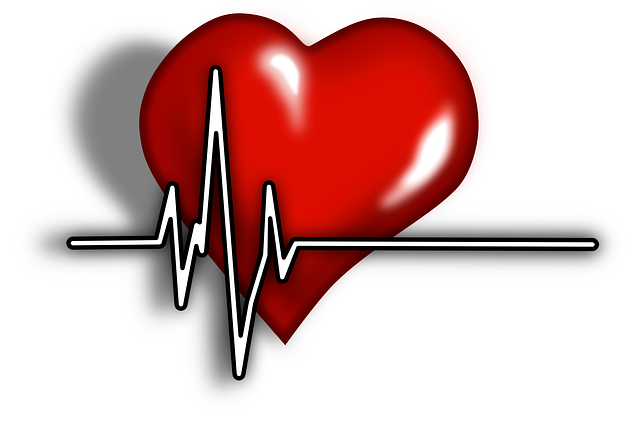|
Sleep deprivation over time can result in physical and psychological conditions. In “Eat, Drink, and Be Sedentary”, the authors share what they learned after reviewing research on how these behaviors influence our moods and coping. This post will review their findings on the effects of sleeplessness upon mood. I will discuss the short-term risks and consequences and explore at what point sleep problems become “real problems.”
Definitions
Acute sleep deprivation refers to a few consecutive days where there is less than the needed amount of sleep. A national survey conducted from 2004-2017 found approximately one-third of American adults are getting less than 6 hours of sleep nightly. Most adults and seniors need from 7 to 9 hours of sleep per night. Experts also think about sleep in terms of how the quality of sleep interferes with waking up refreshed. Study Results Most sleep research is conducted in a laboratory setting. This allows researchers to minimize the influence of other factors that might be present in the natural sleep setting upon their research. These studies found:
Reflections on the Studies
Given that acute sleep deprivation results in a higher level of stress, it would make sense to be kinder to yourself, knowing that you aren’t performing as you normally would. During the course of your day, it would be helpful to identify ways to be extra kind to yourself (or for others to be helpful, comforting, and supportive). It is also advisable to limit additional stressors, such as offering emotional support to others as you normally would. Similarly, consider if there are activities in your schedule that can be postponed or otherwise changed to be less demanding. These suggestions are made with the idea that if your mood is bad due to a lack of sleep, it would be better to not have situations that will make it worse. If you feel guilty or badly for not doing the things you want to do (or that others have come to expect of you), try to ignore that voice/thought in your head; rest or take a break instead with the intention to evaluate and address the situation when you are more rested. You may have experienced symptoms of anxiety and depression such as low energy and motivation, social isolation, irritability, crying/sadness, difficulties concentrating, indecision, or being more stressed and on edge when sleep deprived. If sleep deprivation is prolonged (i.e. for consistent days lasting 1-2 weeks or more), consult with your physician or mental health professional. Notice if your usual coping strategies are working. Ask yourself if you are able to fulfill the needs of your roles (e.g. are you keeping up with daily tasks, are you communicating well with others). Knowing the signs and symptoms of clinical depression and anxiety is important so that you can get help sooner. These are potential risks of prolonged sleep impairment, but they are treatable for most. As suggested in the studies, sleep deprived people have more difficulties functioning in social situations than usual. Knowing this, digging deep for greater self-control can help limit saying or doing things that may later be regretted. Naturally it would be a great idea to save challenging tasks for when your focus and energy are better in the course of a day (even when feeling sleep deprived). It would also be advisable to reschedule conflict resolutions or heavy discussions for when you are more rested. Think and practice how you would communicate your need to postpone these conversations before the need arises. If you should happen to be on the receiving end of a negative reaction (and you are rested), consider if the other person may be tired or experiencing unknown stressors. Communication skill building is also a worthwhile endeavor to support good communication when you or others are not at your best.
Sleep deprivation can become a real problem as it begins to take a toll on your personal and professional life. If this should happen, consider new habits, lifestyle changes, or professional help consultations. The consequences of sleep deprivation include risks for high blood pressure, stroke, heart disease, obesity, anxiety, and depression. Workplace accidents (which can result in injury/death) and decreased productivity, impairments in task management, and difficulties in meeting goals can result from sleep deprivation. Strategies for Managing Acute Sleep Deprivation
Many of our difficulties with sleep are related to our behaviors. As we get into patterns of sleeplessness, our brain starts to react differently and sleep can be difficult, even if we really want to sleep. Here are some strategies to change these patterns and sleep more soundly through the night:
For more information on sleep deprivation, visit this page. For general information on insomnia, including screening and intervention ideas, read my previous post. In part 3 of this series, I will discuss the role of eating upon emotions and mood. Until then, <3 be well! Reference: Epel, E. et al (2018). Eat, drink, and be sedentary: A review of health behaviors’ effects on emotions and affective states, and implications for interventions. Handbook of Emotions, 4th edition. Guilford Press: New York.
All blog posts from Dr. Soo Hoo are provided for educational and informational purposes only. As Dr. Soo Hoo is a licensed clinical and health psychologist, we must make it clear that nothing on the blog is intended to constitute medical or psychological advice, consultation, recommendation, diagnosis, or treatment. If you are concerned about your health, please seek appropriate care in your area. Comments are closed.
|
Hours Mon-Fri: 8am - 5pm
|
Telephone 949.337.1034
|








